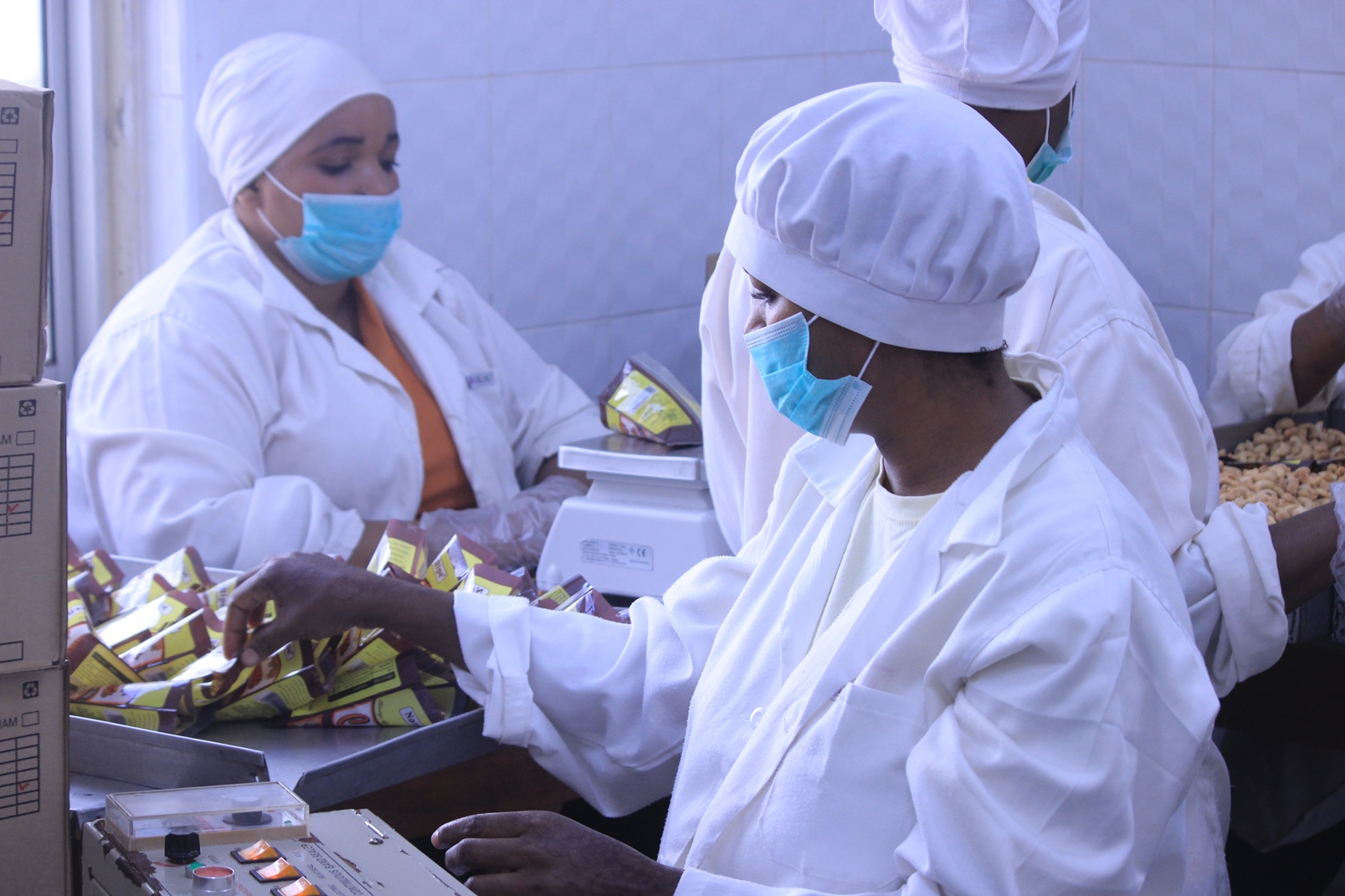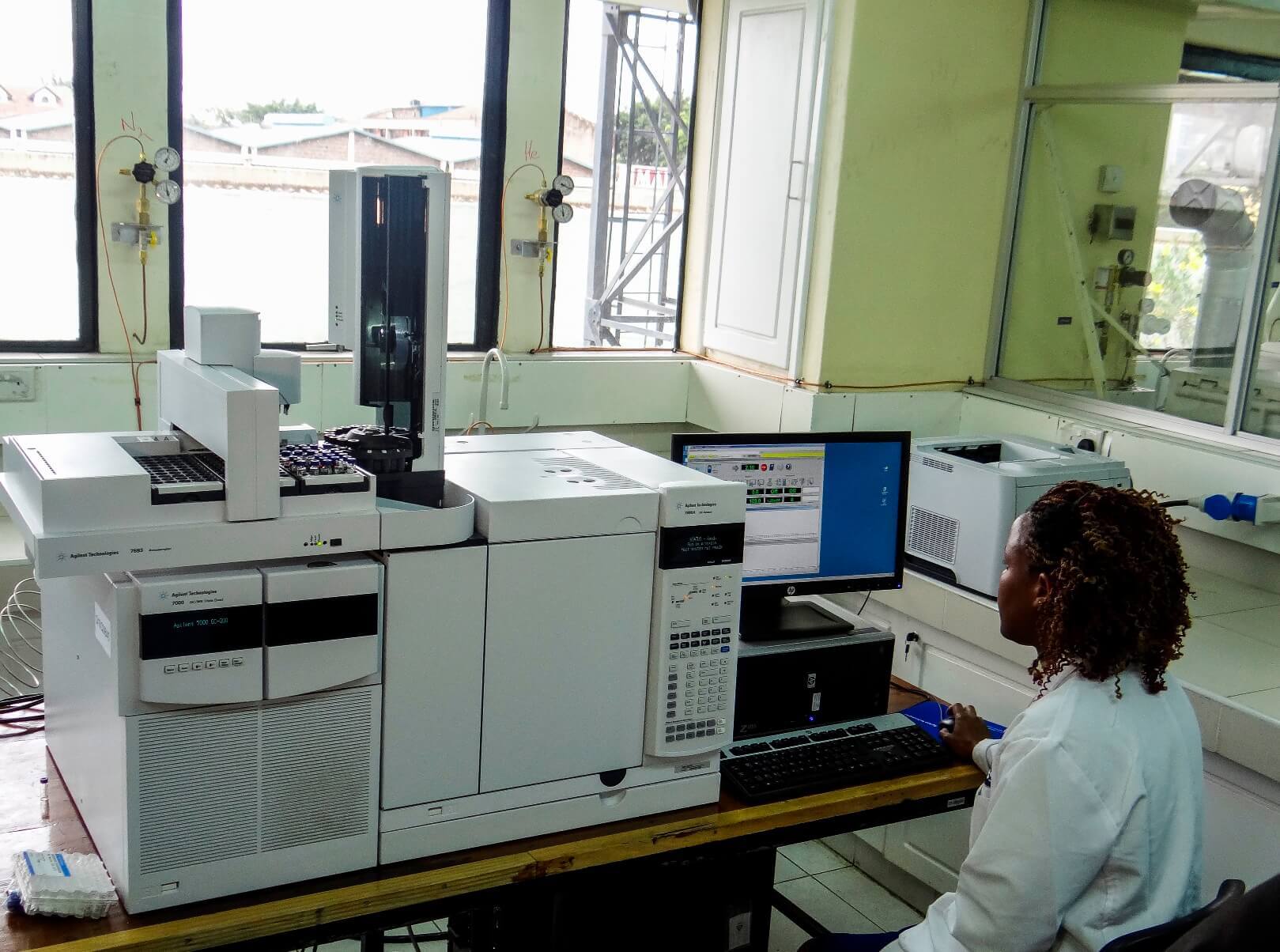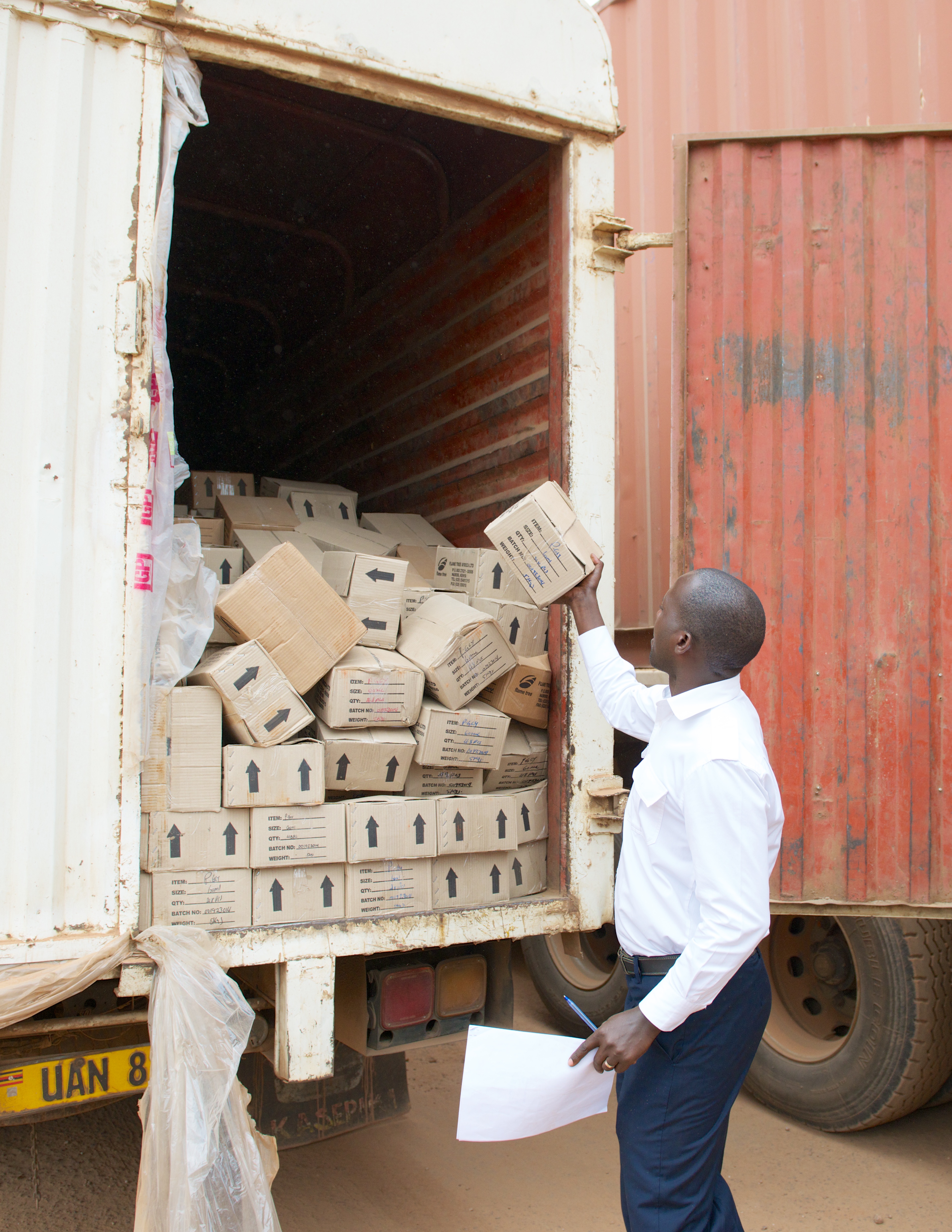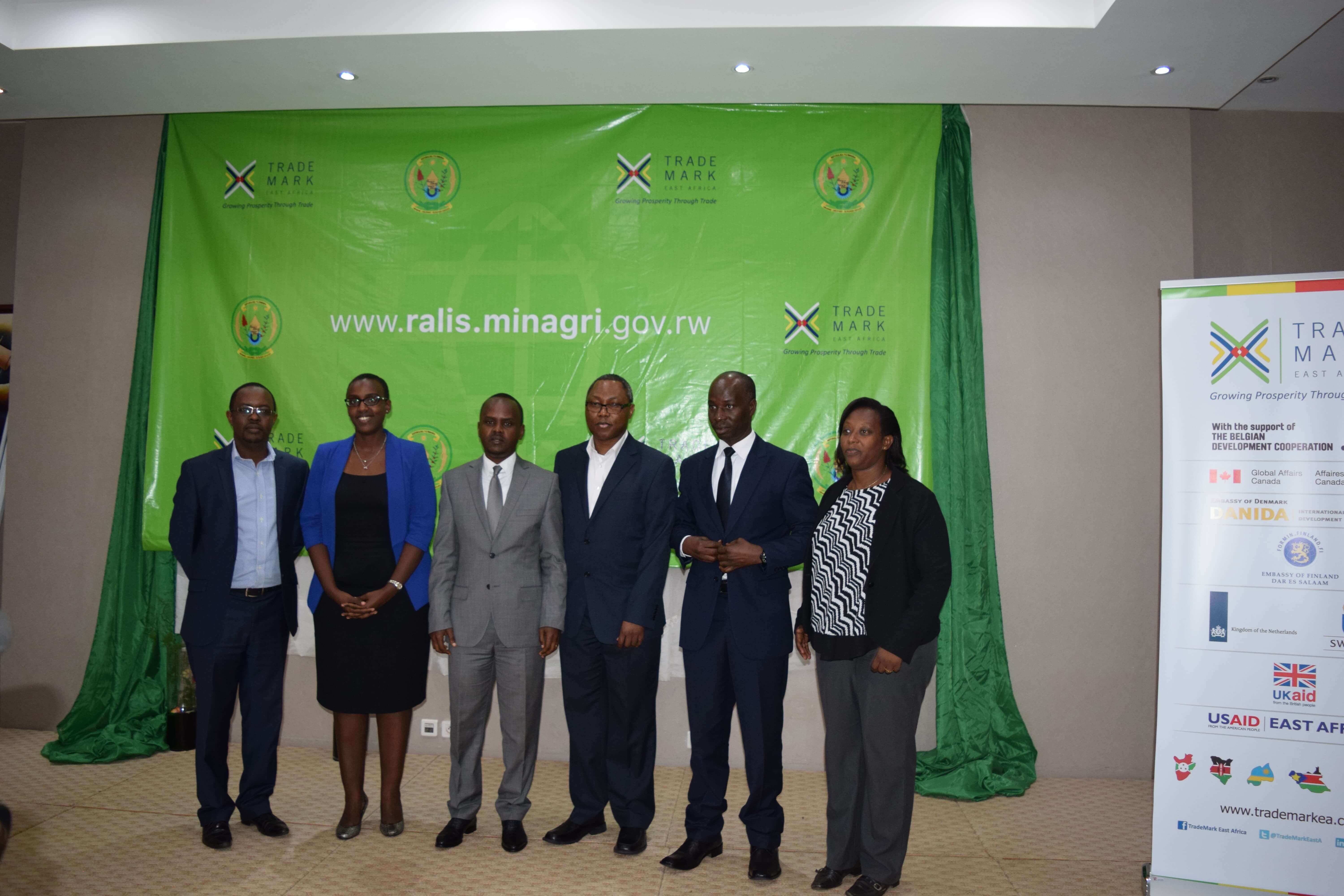Customs valuation is the process of determining the value of goods for the purpose of assessing the amount of taxes and duties they should be charged Nairobi, 03 May 2024: The Kenya Revenue Authority and the United Kingdom (UK) have partnered to streamline the Customs valuation process to make it more efficient, transparent, consistent, and predictable. This will reduce disputes, ensure faster clearance of goods for businesses, and create a level playing field. This process is also expected to boost Government revenues, resolve issues of trade based money laundering, and contribute to safeguarding consumers from unsafe and counterfeit products. As part of this enhancement, KRA with funding channelled through TradeMark Africa, by the UK trained over 2200 people involved in import of goods. The two month-long activity convened customs staff, clearing agents, and traders from Nairobi, Mombasa, Eldoret, Busia, Malaba, Namanga, and Moyale to improve their understanding of valuation rules and enhance their awareness on recent updates to the system. Commenting on the continued partnership between KRA and the UK, the British High Commissioner to Kenya Neil Wigan said “Kenya is at the heart of East African trade. We want that trade to operate at maximum efficiency, to benefit businesses and consumers across Kenya and East Africa. The UK and Kenya are working together in partnership to provide high quality infrastructure, which will deliver growth for Kenya and the region. We go far when we go together.” The funding for the project is part of the UK Government’s work to...
Kenya enhances customs valuation system for efficient and transparent trade
Posted on: May 3, 2024
Posted on: May 3, 2024
























